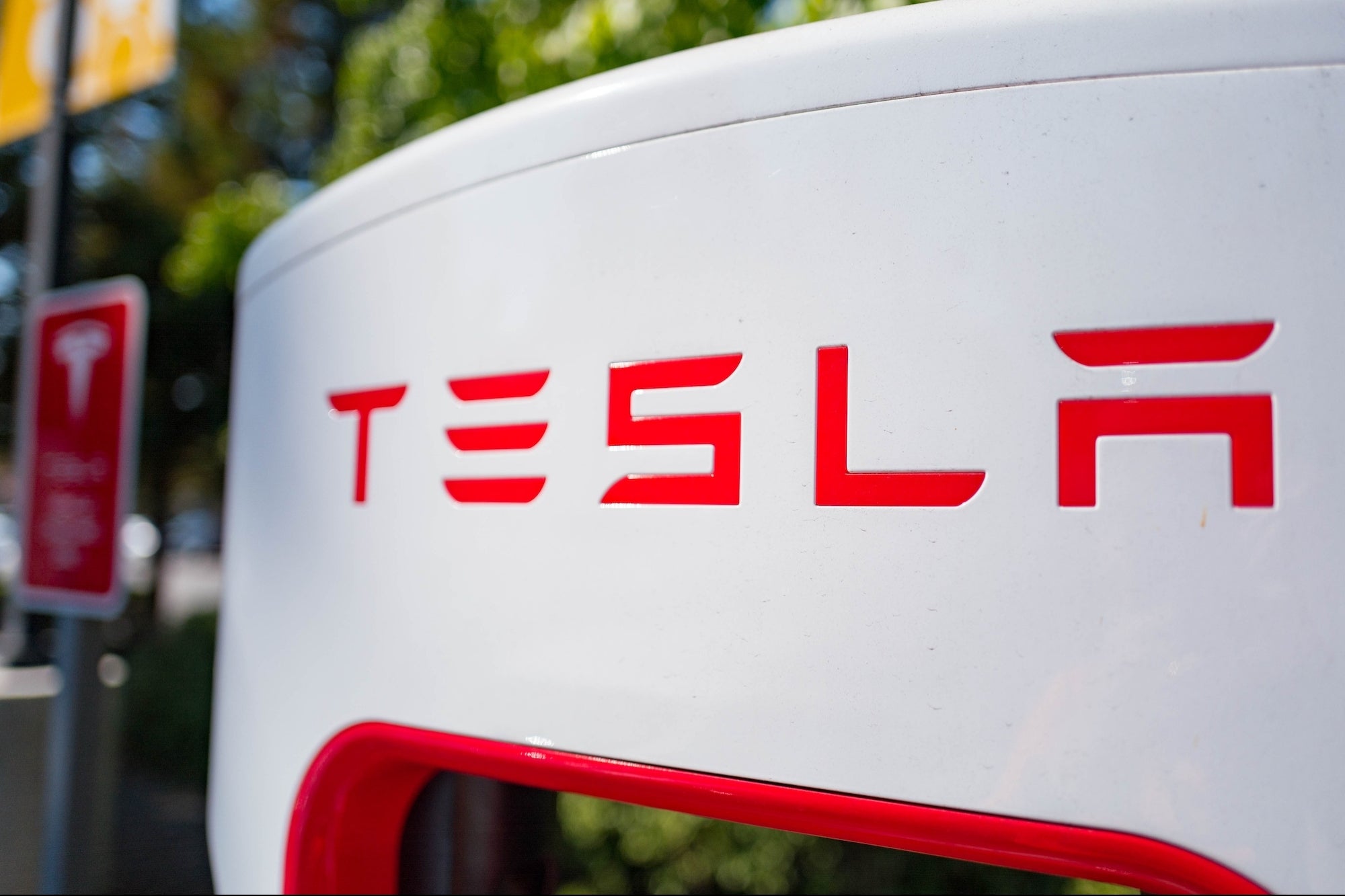5 Insider Tips on Selling Your Startup to Google A good product with a ready market is a good start but what really helps is if you used to work at Google.
By Gaurav Mathur •

Opinions expressed by Entrepreneur contributors are their own.

First things first: I am not advocating anyone start a company with the goal of selling it right away. Starting a company with the sole intention of selling it can go wrong in many ways, each more painful than the last. You must watch a constantly evolving market, a shifting competitor and acquirer landscape that can leave you behind, or ideas that change as you pivot.
That said, the primary goal of a founder -- and especially of a CEO -- is that of a sales guy who is a constant cheerleader and advocate. If you really want to sell your company to Google, the best thing you can do is to focus on building a company with solid foundations of product, market, technology and team. That solid foundation is what any acquirer, including Google, will pay for and what you should strive to achieve.
These tips are from the time I spent as a Googler and from the experience of being the founder of 3LM that was eventually acquired by Motorola/Google.
Related: How to Start a Business With (Almost) No Money
1. Googlers stick with other Googlers.
Google loves to buy startups from other Googlers. Buying a startup that's been created by Googlers mean that Google is essentially hiring ex-Googlers.
It makes perfect sense: the work ethic and training of ex-Googlers has already been vetted by the company, lending more trust and a stronger initial impression at first glance. Even if your co-founder is not an ex-Googlers, having ex-Googler on your team may be a huge help.
In addition, Google isn't the only company that makes a habit of hiring ex-employees. Cisco also loves buying startups from ex-Cisco employees, for probably exactly the same reasons. It's helpful to be aware of that when you're hiring your "founding" team.
Related: How This Ex-Googler Is Reinventing the Way Security Cameras Work
2. Spot the deficiencies.
It's important to be tracking any areas in which your potential acquirers or competitors are deficient or playing catchup, as companies in those areas are going to be the fastest to be acquired. You'll have to do some research to find out where these deficiencies are, but it will be worth the time and effort.
Google has spent the last few years acquiring cloud companies that allow it to compete better with Amazon's AWS. Google ranks third behind Microsoft and Amazon in cloud tech, so they have a real need right now to fill in the gaps. In a similar vein, Cisco's acquisition of performance monitoring software company AppDynamics allowed it to buy the next generation of applications that their customer base is focusing on and that it was deficient in.
Leor Stern, a friend who is a two-time Googler and sold his startup Cronologics affirms, "As Gaurav points out, one should never start a company in order to sell it, but a great founder is always looking for ways to build value in her company. As an ex-Googler who founded a startup which got acquired back into Google, I experienced first hand the importance of solving a problem in the blindspot."
3. It's all about the product.
This cliche is overheard constantly in Silicon Valley, but cliche or not, it is the best advice you can find. Your product needs two things: to solve a meaningful problem and have a customer base that wants that problem solved urgently. Ideally, you are going after a widely applicable idea that starts with a narrow market that you can ace.
Why the narrow market? Because startups need to focus their resources in order to stay afloat. Narrowing your market and finding the perfect product will not only help you grow the business while using a defined customer acquisition formula, it will fundamentally make your startup more valuable and thus more acquirable in general.
Related: To Be a Big Company Solve Big Problems
4. Hire a great team.
I cannot tell you how important an asset a great team is. In essence, a lot of variables can change, but your team is the only constant. Acquisitions are done for multiple reasons, but the team is almost always a high priority, if not the highest priority after the product.
Google is very picky on this front and will typically make a potential acquirer's team go through a rigorous interview process much like a new hire. An inexperienced team can make or break an acquisition offer, even if your product is perfect.
Sara Mauskopf, a Googler friend who is now an entrepreneur too says, "My co-founder and I at Winnie are both ex-Googlers and had the privilege of working with top engineering talent during our time at Google. This taught us the value having of a strong engineering team and so that's been our focus from day one of building Winnie. It's been a priority for us to hire the best engineers the world has to offer, as I know it continues to be for Google."
Related: 5 U.S. Cities Luring Tech Talent Away From Silicon Valley
5. Know your competitors and partners intimately.
Your primary job as the CEO of your company is to know this information. Take the time to partner with your potential acquirers. Know and have relationships with the key decision makers, as these are the guys you might have to work with and who will even begin the thought process of acquiring a company in a particular area. Research their previous moves, and know what it is they're up to so that you can make your moves accordingly.











